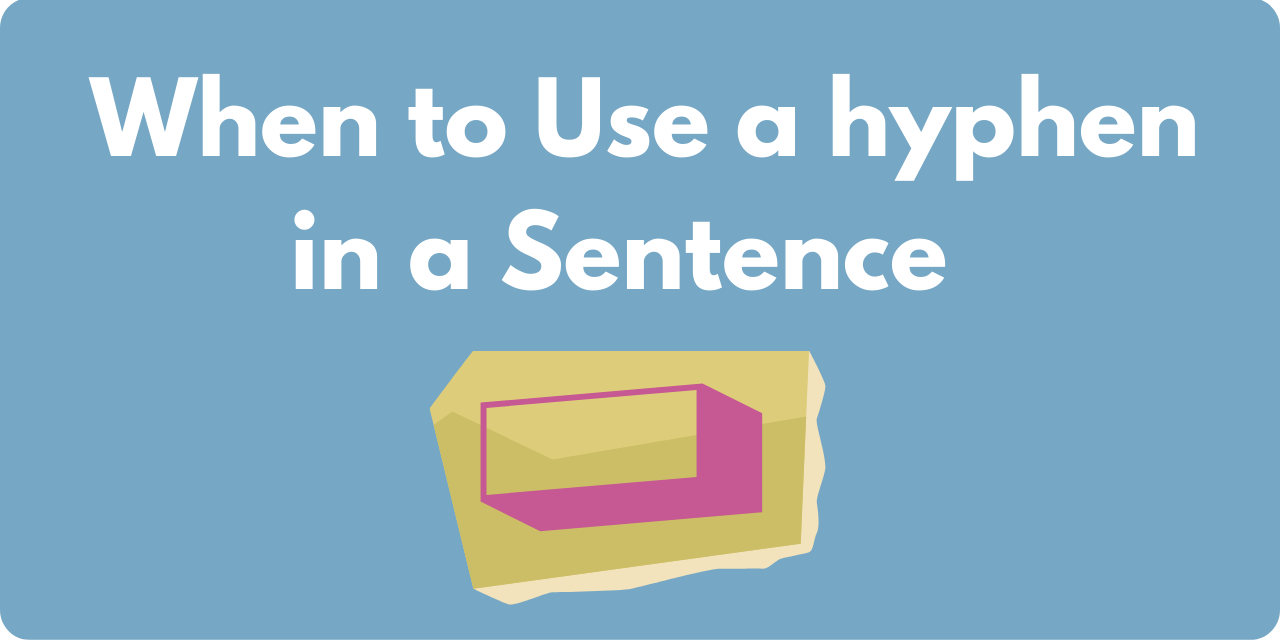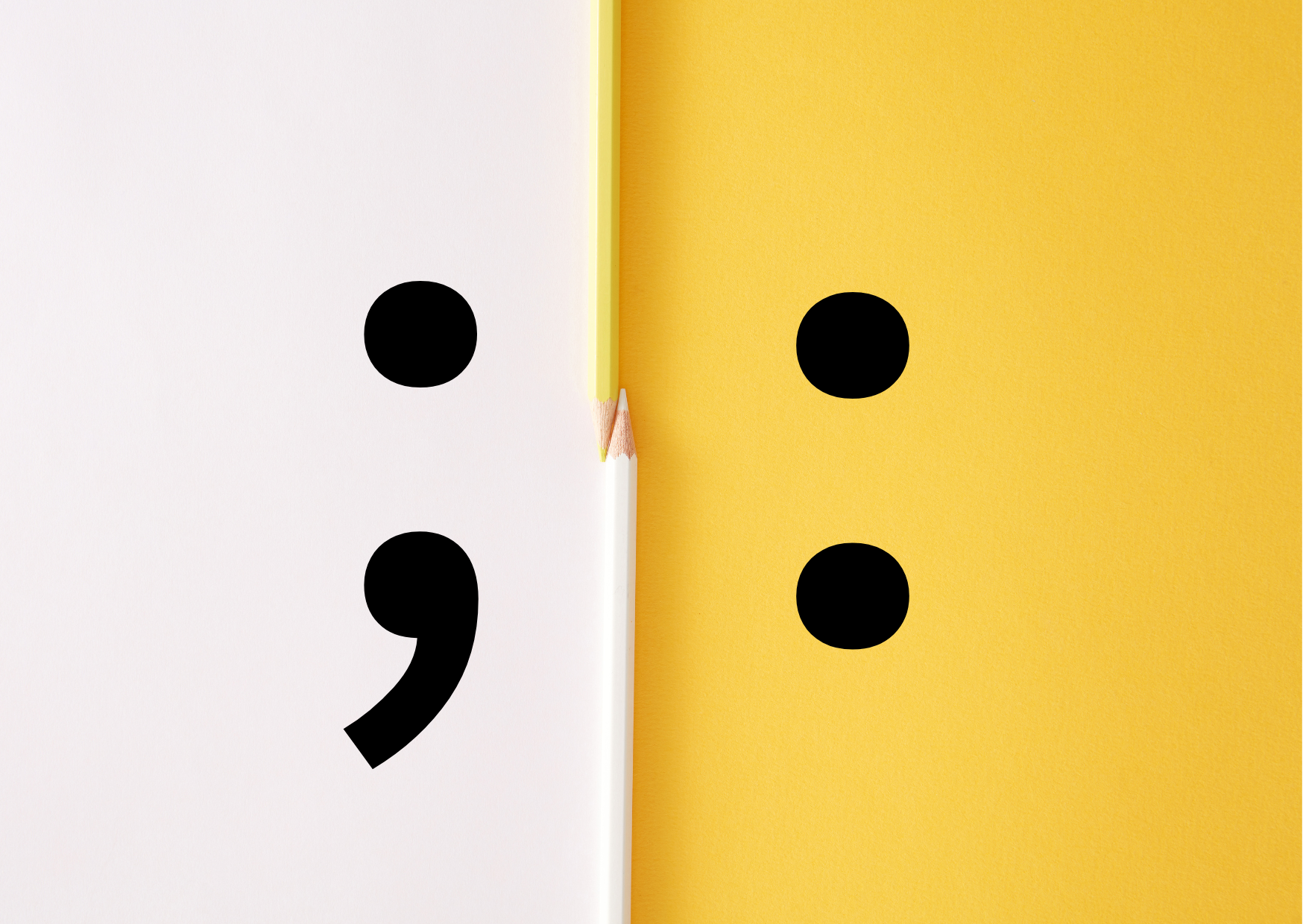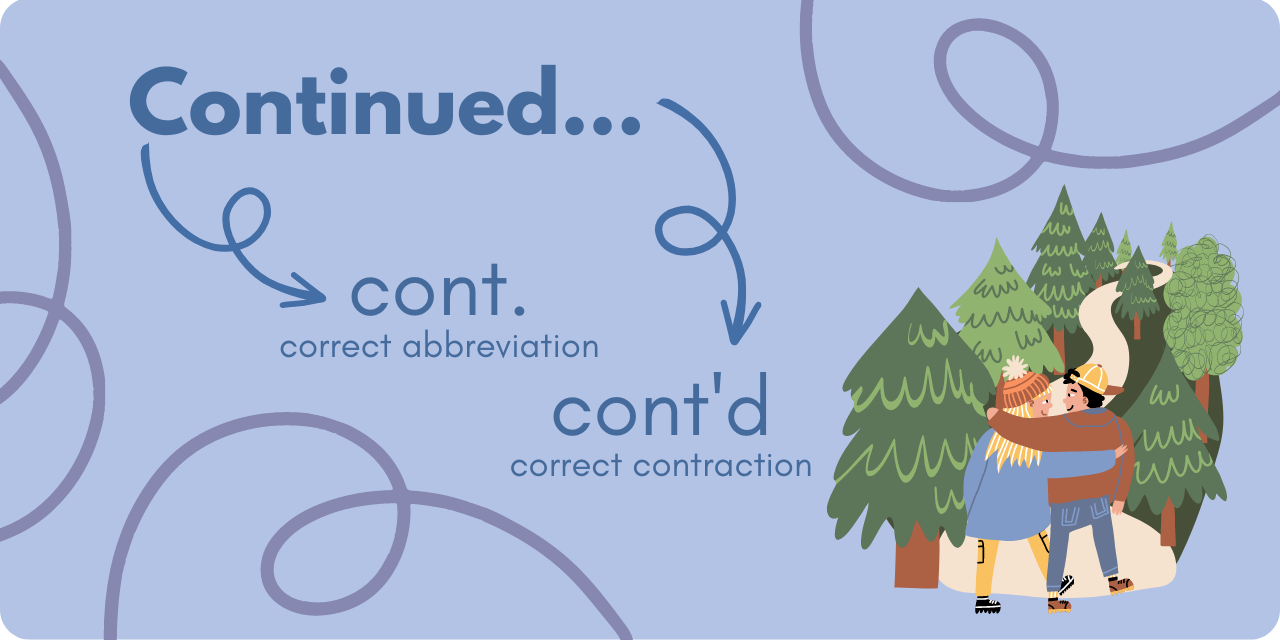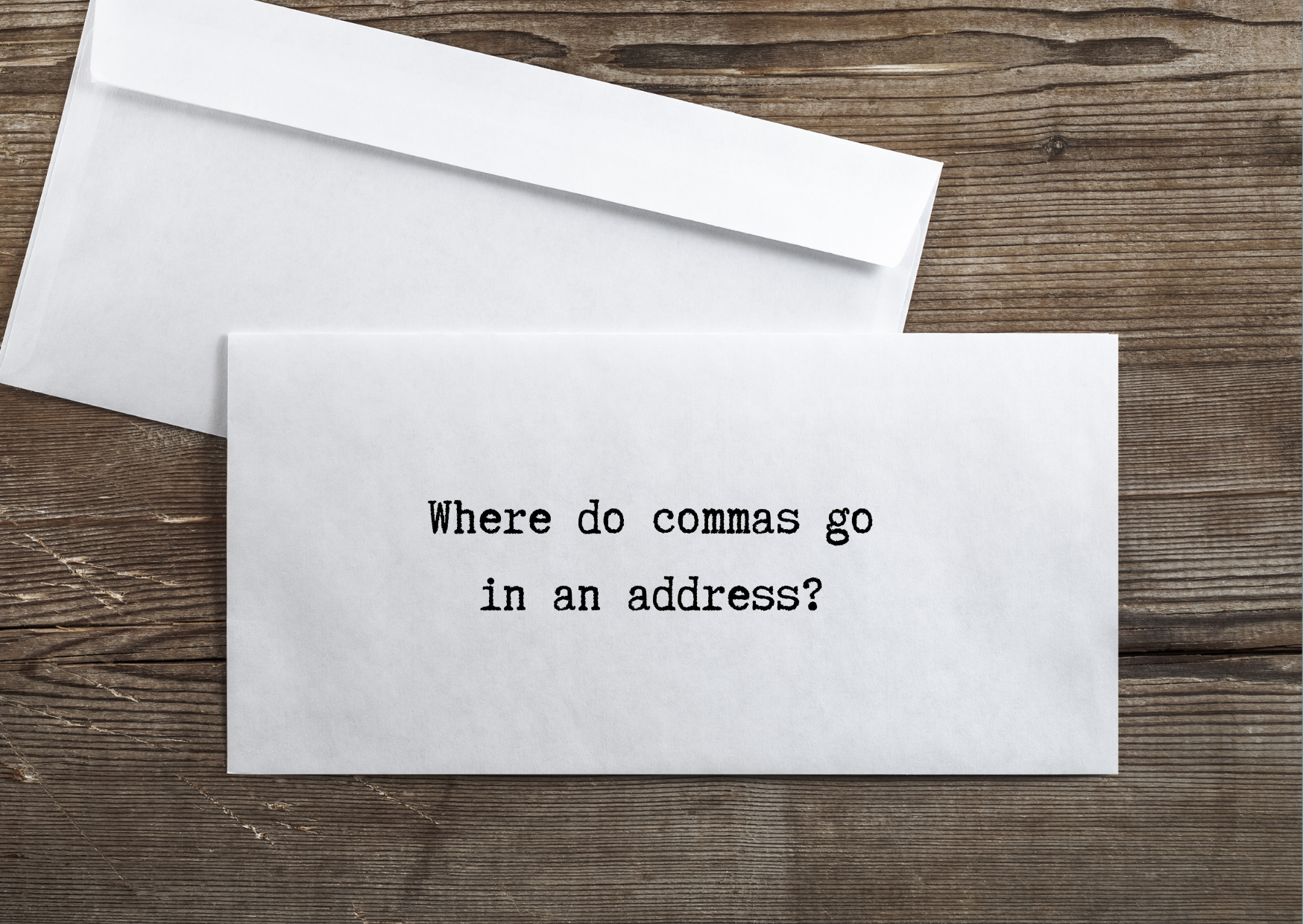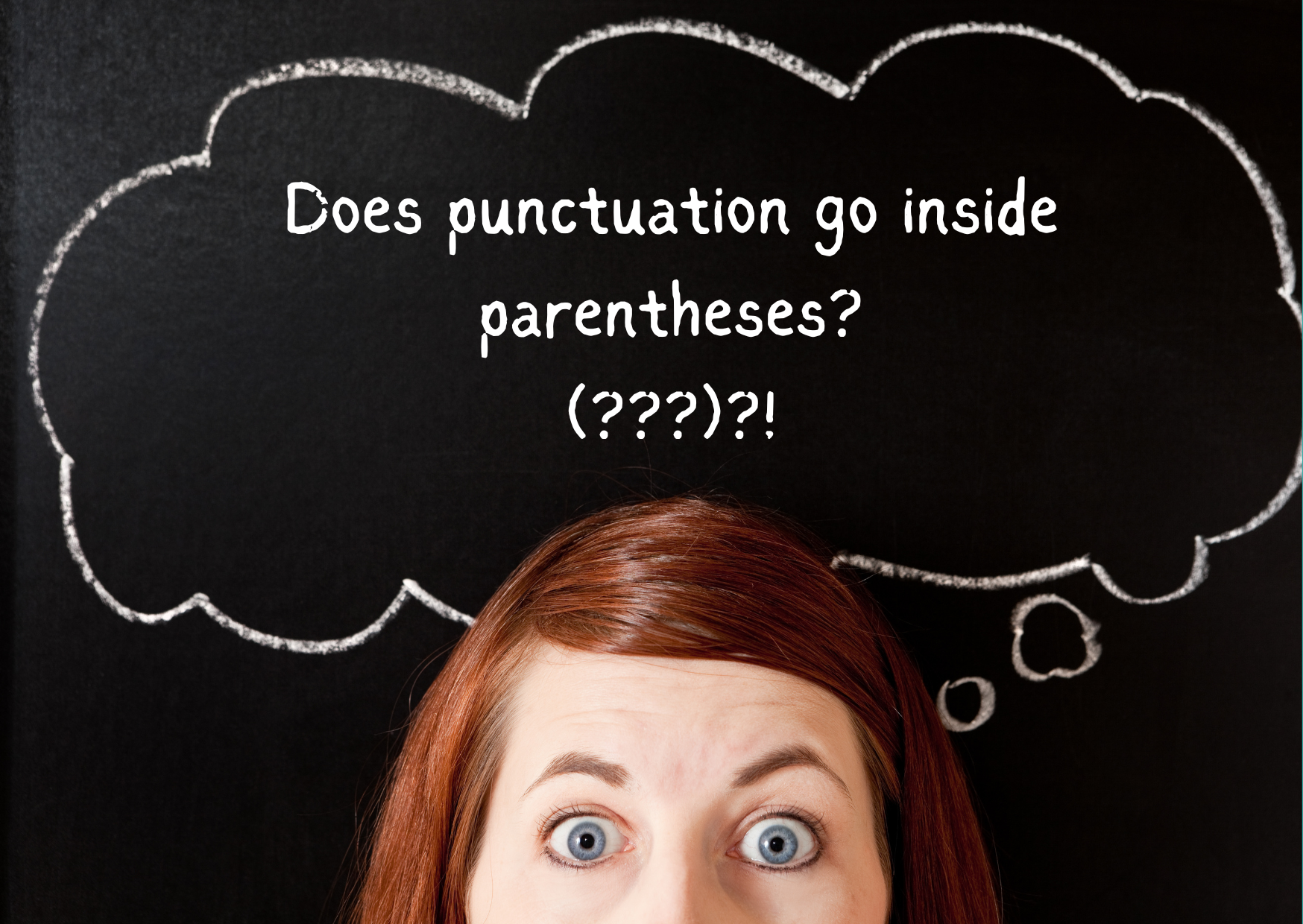Updated 15 September, 2022: Do you struggle with deciding whether to use a comma every time you write but in a sentence? Well, let’s end the hesitation once and for all:
When Should You Put a Comma Before But?
This issue can be addressed with a simple rule: a comma should be used before but only when the conjunction is linking two independent clauses. For example:
RIGHT: I would go for a stroll, but the weather is terrible.
How do you know if a clause is independent? Well, let’s break it down. In a nutshell, you can think of a clause as a phrase containing a subject and a verb, and an independent clause is a phrase that makes sense on its own, while a dependant clause needs another phrase to make sense (its dependant on it). To figure out if a clause is independent or not, just follow these two steps:
- Check the phrase that precedes the word “but:” I would go for a stroll.
- Now check the phrase that follows “but:” the weather is terrible.
As you can see, both phrases make sense on their own, and can stand along as complete sentences. In this scenario, we have two independent clauses, therefore you must use a comma before “but.”
When you don’t have independent clauses, leave the comma out.
WRONG: I would go for a stroll, but for the rain.
In this case, the conjunction is linking an independent clause to a dependent clause. You can tell this by looking at what is written after “but:” for the rain.
That phrase has no meaning on its own and can not stand as a complete sentence. Therefore it is a dependent clause. In this case, no comma is needed before the conjunction:
RIGHT: I would go for a stroll but for the rain.
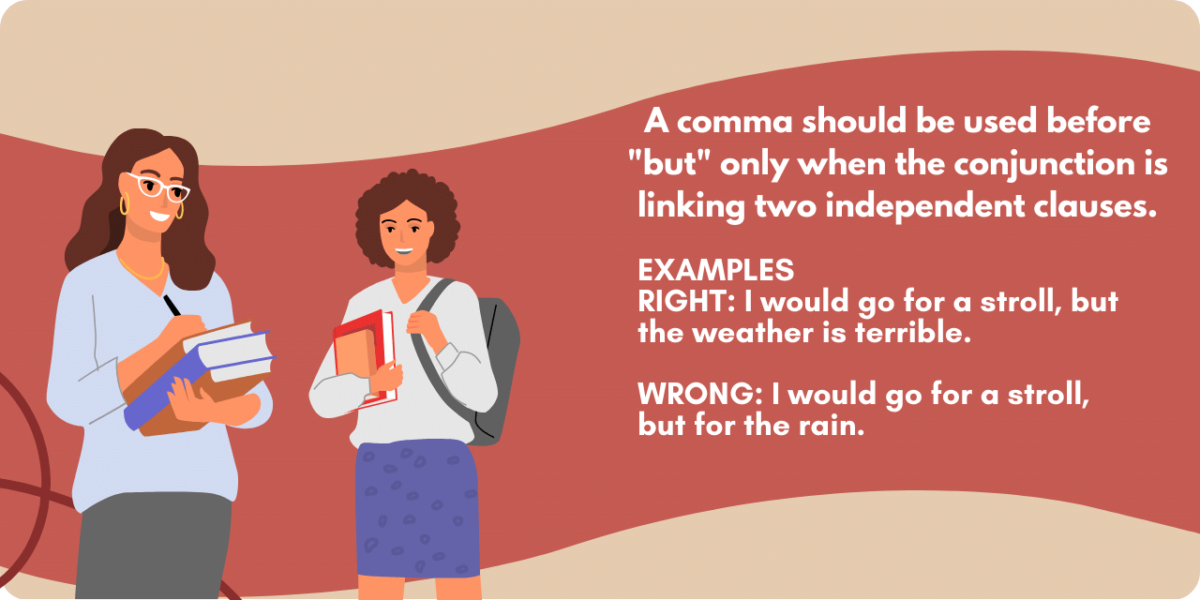
Here are a few more examples
WRONG: The dog is only a puppy, but well trained.
RIGHT: The dog is only a puppy but well trained.
WRONG: Grammar is tedious, but necessary.
RIGHT: Grammar is tedious but necessary.
WRONG: The dog is only a puppy but he’s well trained.
RIGHT: The dog is only a puppy, but he’s well trained.
RIGHT: The car is old but fast
WRONG: The car is old, but fast
The comma rule applies to the other conjunctions as well: and, or, and so.
Examples From Media Sources
Let’s take a look at a few real-life examples from reputable sources:
“Reached at their home in Southampton, N.Y., Mr. Dudley’s wife said that the passengers were “dear friends of ours” but that she did not know why they were flying from Manhattan.” – The New York Times
“It hopes the purging of Mr Ahern and others will save its skin, but the tribunal’s findings may stick.” – The Economist
When Do You Put a Comma After But?
If you are wondering whether a comma is need after the word but, chances are it is not.
You should only use a comma after but when the conjunction is immediately followed by an interrupter, i.e., a short word or phrase that interrupts a sentence to express emotion, tone, or emphasis.
REMEMBER: when there is an interrupter in the sentence, it must be preceded and followed by a comma. For example:
But, of course, it’s not prudent for Charlie to go outside on his own.
In the example above, of course is an interrupter. Even if you remove it, the entire sentence will not lose its meaning. The only reason it is added is to reinforce the statement.
If your sentence includes an interrupter directly after but, then you can use a comma. In all other cases, you will not need a comma after but.
Quiz
Now take this little quiz to test your newly found knowledge. Add the commas in the sentences below
I wanted to repair the car but the shop was closed.
They spent the entire day on the boat fishing but didn’t catch any.
Mikhail had been warned about the dangerously cold water but would not stop swimming.
The house was for sale but the Hendersons could not come up with the downpayment.
She needed a way out of the situation but could not think of any.
He said he didn’t want any fires but of course, he regretted his decision the minute the food arrived.
His day was spent in isolation but for the occasional visit from the nurse.
There was nothing else to say but to go their separate ways.
Here are the answers:
I wanted to repair the car, but the shop was closed.
They spent the entire day on the boat fishing but didn’t catch any.
Mikhail had been warned about the dangerously cold water but would not stop swimming.
The house was for sale, but the Hendersons could not come up with the downpayment.
She needed a way out of the situation but could not think of any.
He said he didn’t want any fires, but, of course, he regretted his decision the minute the food arrived.
His day was spent in isolation but for the occasional visit from the nurse.
There was nothing else to say but to go their separate ways.
Further reading:
Is There A Comma Before “Which?”

